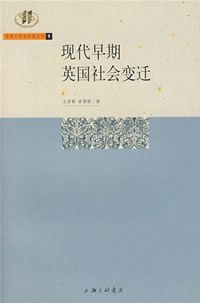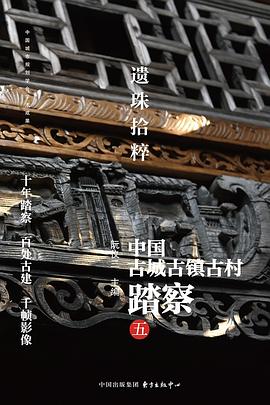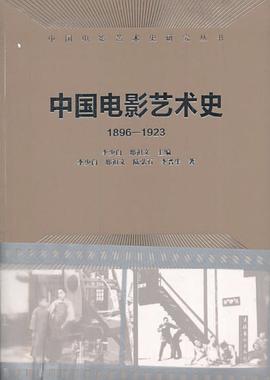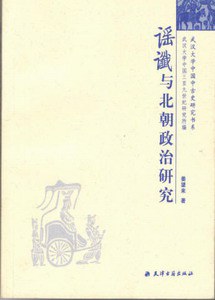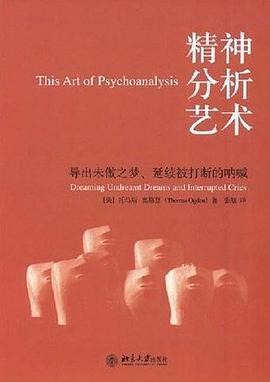Raymond Carver: Collected Stories
内容简介
Raymond Carver's spare dramas of loneliness, despair, and troubled relationships breathed new life into the American short story of the 1970s and '80s. In collections such as Will You Please Be Quiet, Please? and What We Talk About When We Talk About Love, Carver wrote with unflinching exactness about men and women enduring lives on the knife-edge of poverty and other deprivations. Beneath his pared-down surfaces run disturbing, violent undercurrents. Suggestive rather than explicit, and seeming all the more powerful for what is left unsaid, Carver's stories were held up as exemplars of a new school in American fiction known as minimalism or 'dirty realism,' a movement whose wide influence continues to this day. Carver's stories were brilliant in their detachment and use of the oblique, ambiguous gesture, yet there were signs of a different sort of sensibility at work. In books such as Cathedral and the later tales included in the collected stories volume Where I'm Calling From, Carver revealed himself to be a more expansive writer than in the earlier published books, displaying Chekhovian sympathies toward his characters and relying less on elliptical effects.
In gathering all of Carver's stories, including early sketches and posthumously discovered works, The Library of America's Collected Stories provides a comprehensive overview of Carver's career as we have come to know it: the promise of Will You Please Be Quiet, Please? and the breakthrough of What We Talk About, on through the departures taken in Cathedral and the pathos of the late stories. But it also prompts a fresh consideration of Carver by presenting Beginners, an edition of the manuscript of What We Talk About When We Talk About Love that Carver submitted to Gordon Lish, his editor and a crucial influence on his development. Lish's editing was so extensive that at one point Carver wrote him an anguished letter asking him not to publish the book; now, for the first time, readers can read both the manuscript and published versions of the collection that established Carver as a major American writer. Offering a fascinating window into the complex, fraught relation between writer and editor, Beginners expands our sense of Carver and is essential reading for anyone who cares about his achievement.
......(更多)
作者简介
Raymond Carver was born in Clatskanie, Oregon, in 1938. His father was a saw-mill worker and his mother was a waitress and clerk. He married early and for years writing had to come second to earning a living for his young family. Despite, small-press publication, it was not until Will You Please Be Quiet Please? appeared in 1976 that his work began to reach a wider audience. This was the year in which he gave up alcohol, which had contributed to the collapse of his marriage. In 1977 he met the writer Tess Gallagher, with whom he shared the last eleven years of his life. During this prolific period he wrote three collections of stories, What We Talk About When We Talk About Love, Cathedral and Elephant. Fires, a collection of essays, poems and stories, appeared in 1985, followed by three further collections of poetry. In 1988 he completed the poetry collection A New Path to the Waterfall.
William L. Stull, editor, is professor of English at the University of Hartford.
Maureen P. Carroll, editor, is adjunct professor of humanities at the University of Hartford and a practicing attorney. They have devoted more than two decades to the work of Raymond Carver, publishing numerous essays and editing Conversations with Raymond Carver (1990), Remembering Ray: A Composite Biography (1993), All of Us: The Collected Poems (1996), and Call If You Need Me: The Uncollected Fiction and Other Prose (2000).
......(更多)
目录
Will You Please Be Quiet, Please?
Fat
Neighbors
The Idea
They’re Not Your Husband
Are You a Doctor?
The Father
Nobody Said Anything
Sixty Acres
What’s in Alaska?
Night School
Collectors
What Do You Do in San Francisco?
The Student’s Wife
Put Yourself in My Shoes
Jerry and Molly and Sam
Why, Honey?
The Ducks
How About This?
Bicycles, Muscles, Cigarets
What Is It?
Signals
Will You Please Be Quiet, Please?
from Furious Seasons and Other Stories
Pastoral
Furious Seasons
What We Talk About When We Talk About Love
Why Don’t You Dance?
Viewfinder
Mr. Coffee and Mr. Fixit
Gazebo
I Could See the Smallest Things
Sacks
The Bath
Tell the Women We’re Going
After the Denim
So Much Water So Close to Home
The Third Thing That Killed My Father Off
A Serious Talk
The Calm
Popular Mechanics
Everything Stuck to Him
What We Talk About When We Talk About Love
One More Thing
Stories from Fires
The Lie
The Cabin
Harry’s Death
The Pheasant
Cathedral
Feathers
Chef’s House
Preservation
The Compartment
A Small, Good Thing
Vitamins
Careful
Where I’m Calling From
The Train
Fever
The Bridle
Cathedral
from Where I’m Calling From
Boxes
Whoever Was Using This Bed
Intimacy
Menudo
Elephant
Blackbird Pie
Errand
Other Fiction
The Hair
The Aficionados
Poseidon and Company
Bright Red Apples
from The Augustine Notebooks
Kindling
What Would You Like to See?
Dreams
Vandals
Call If You Need Me
Selected Essays
My Father’s Life
On Writing
Fires
Author’s Note to Where I’m Calling From
Beginners (The Manuscript Version of What We Talk About When We Talk About Love)
Why Don’t You Dance?
Viewfinder
Where Is Everyone?
Gazebo
Want to See Something?
The Fling
A Small, Good Thing
Tell the Women We’re Going
If It Please You
So Much Water So Close to Home
Dummy
Pie
The Calm
Mine
Distance
Beginners
One More Thing
......(更多)
读书文摘
Things change, he says. I don't know how they do. But they do without you realizing it or wanting them to.
......(更多)

